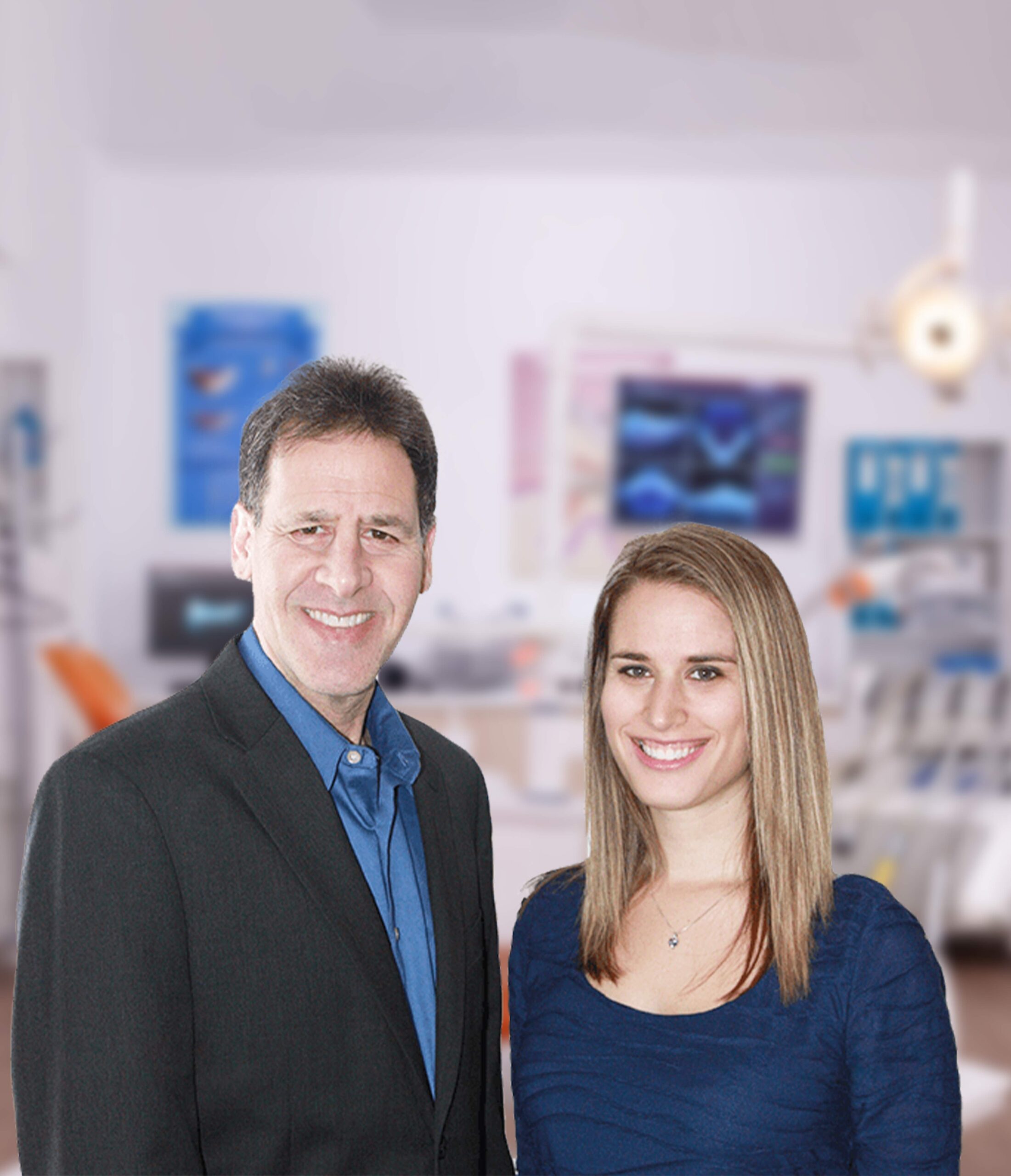- 11722 Studt Avenue Creve Coeur, MO 63141

(314) 567-1777
Your smile is in good hands at Feigenbaum Dental. Our experienced staff is friendly, courteous, and well-trained — and we are devoted to restoring and enhancing your natural beauty using the latest in cutting-edge dental techniques and technologies. We provide patients with extremely personalized and gentle service, and we are committed to offering our highest standards in excellence. With our expertise, commitment to continued education, and high-tech equipment, we will help you achieve the best treatment possible – all in a warm, welcoming environment.

